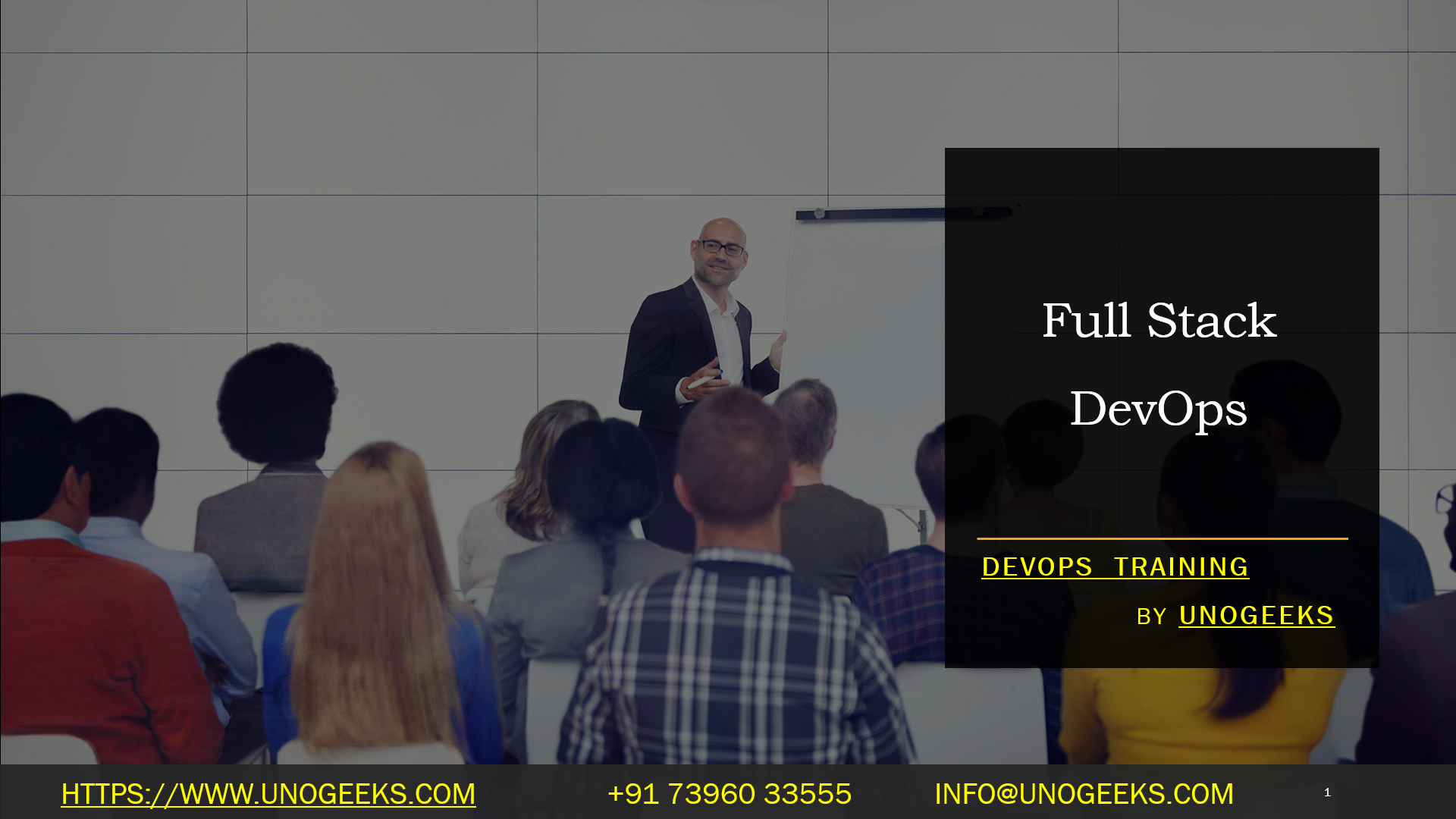Full Stack DevOps
Full Stack DevOps
Full Stack DevOps
Full Stack DevOps
Full Stack DevOps
Full Stack DevOps
Full Stack DevOps
Full Stack DevOps
Full Stack DevOps
Full Stack DevOps
Full Stack DevOps
Full Stack DevOps
Full Stack DevOps
Full Stack DevOps
Full Stack DevOps
Full Stack DevOps
Full Stack DevOps
Full Stack DevOps
Full Stack DevOps
Full Stack DevOps
Full Stack DevOps
Full Stack DevOps
Full Stack DevOps
Full Stack DevOps
Full Stack DevOps
Full Stack DevOps
Full Stack DevOps
Full Stack DevOps
Full Stack DevOps
Full Stack DevOps
Full Stack DevOps
Full Stack DevOps
Full Stack DevOps
Full Stack DevOps
Full Stack DevOps
Full Stack DevOps
Full Stack DevOps
Full Stack DevOps
Full Stack DevOps
Full Stack DevOps
Full Stack DevOps
Full Stack DevOps
Full Stack DevOps
Full Stack DevOps
Full Stack DevOps
Full Stack DevOps
Full Stack DevOps
Full Stack DevOps
Full Stack DevOps
Full Stack DevOps
Full Stack DevOps
Full Stack DevOps
Full Stack DevOps
Full Stack DevOps
Full Stack DevOps
Full Stack DevOps
Full Stack DevOps
Full Stack DevOps
Full Stack DevOps
Full Stack DevOps
Full Stack DevOps
Full Stack DevOps
Full Stack DevOps
Full Stack DevOps
Full Stack DevOps
Full Stack DevOps
Full Stack DevOps
Full Stack DevOps
Full Stack DevOps
Full Stack DevOps
Full Stack DevOps
Full Stack DevOps
Full Stack DevOps
Full Stack DevOps
Full Stack DevOps
Full Stack DevOps
Full Stack DevOps
Full Stack DevOps
Full Stack DevOps
Full Stack DevOps
Full Stack DevOps
Full Stack DevOps
Full Stack DevOps
Full Stack DevOps
Full Stack DevOps
Full Stack DevOps
Full Stack DevOps
Full Stack DevOps
Full Stack DevOps
Full Stack DevOps
Full Stack DevOps
Full Stack DevOps
Full Stack DevOps
Full Stack DevOps
Full Stack DevOps
Full Stack DevOps
Full Stack DevOps
Full Stack DevOps
Full Stack DevOps
Full Stack DevOps
Full Stack DevOps
Full Stack DevOps
Full Stack DevOps
Full Stack DevOps
Full Stack DevOps
Full Stack DevOps
Full Stack DevOps
Full Stack DevOps
Full Stack DevOps
Full Stack DevOps
Full Stack DevOps
Full Stack DevOps
Full Stack DevOps
Full Stack DevOps
“Full stack DevOps” is a term that combines two important concepts in software development and IT operations: “full stack” and “DevOps.” Let’s break down each of these concepts:
-
Full Stack: In software development, a “full stack” developer is someone who has the skills and expertise to work on both the front-end (user interface) and back-end (server-side) aspects of a web application. This includes working with technologies such as HTML, CSS, JavaScript for front-end development, as well as server-side languages like Python, Ruby, Java, or Node.js, and databases like MySQL, PostgreSQL, MongoDB, etc., for back-end development. Full stack developers are capable of handling all stages of application development, from design and implementation to deployment and maintenance.
-
DevOps: “DevOps” is a set of practices that aims to bridge the gap between software development (Dev) and IT operations (Ops) in order to improve the efficiency, quality, and reliability of software delivery. DevOps emphasizes collaboration, automation, continuous integration, continuous delivery (CI/CD), and monitoring throughout the software development lifecycle. The goal is to enable faster and more frequent releases of software while maintaining stability and reliability.
Bringing these two concepts together, a “full stack DevOps” professional is someone who possesses expertise in both the entire software development stack (front-end to back-end) and the principles and practices of DevOps. This individual would be able to not only design, develop, and deploy software applications across different layers, but also implement and manage the necessary infrastructure, automation, and deployment pipelines to support a seamless and efficient development and deployment process.
Key responsibilities of a full stack DevOps professional might include:
- Setting up and configuring development, staging, and production environments.
- Creating and managing CI/CD pipelines to automate the deployment process.
- Monitoring and ensuring the performance, availability, and security of applications.
- Collaborating with development teams to optimize code for deployment and maintainability.
- Implementing infrastructure as code (IaC) using tools like Terraform or CloudFormation.
- Managing and maintaining cloud infrastructure and services (e.g., AWS, Azure, Google Cloud).
- Troubleshooting and resolving issues related to deployment, infrastructure, and application performance.
In summary, a full stack DevOps professional possesses a diverse skill set that spans both software development and IT operations, enabling them to contribute effectively to the entire software development lifecycle while focusing on automation, collaboration, and continuous improvement.
Demo Day 1 Video:
Conclusion:
Unogeeks is the No.1 IT Training Institute for DevOps Training. Anyone Disagree? Please drop in a comment
You can check out our other latest blogs on DevOps here – DevOps Blogs
You can check out our Best In Class DevOps Training Details here – DevOps Training

———————————-
For Training inquiries:
Call/Whatsapp: +91 73960 33555
Mail us at: info@unogeeks.com
Our Website ➜ https://unogeeks.com
Follow us:
Instagram: https://www.instagram.com/unogeeks
Facebook:https://www.facebook.com/UnogeeksSoftwareTrainingInstitute
Twitter: https://twitter.com/unogeeks
